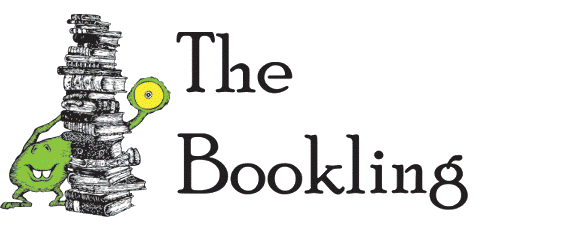 I realised when choosing my next book to read that my Sci-Fi experience so far has been dominated by books from male authors. Last year, in an effort to redress this balance, I read a book by Ursula le Gruin so this time I thought I’d better try out a different female Sci-Fi author Elizabeth Moon and the book of hers that I chose to read is one of her (rare) stand alone novels, Remnant Population
I realised when choosing my next book to read that my Sci-Fi experience so far has been dominated by books from male authors. Last year, in an effort to redress this balance, I read a book by Ursula le Gruin so this time I thought I’d better try out a different female Sci-Fi author Elizabeth Moon and the book of hers that I chose to read is one of her (rare) stand alone novels, Remnant PopulationThe book’s central character, Ofelia, lives with her son and daughter-in-law on a colony planet that she came to with her husband when it was first settled. Along with the rest of the community the family is due to be re-homed onto a new world when the franchise is lost. Deciding that she does not wish to be forcibly evicted and start again on a new planet, Ofelia hides in the woods and evades the evacuation.
For the first time in her life, she finds herself free to do exactly as she pleases without having to consider the restrictions on her behaviour imposed by society. As the only person left on the planet, she has the freedom of the still functional abandoned settlement and for the first part of the book we follow Ofelia’s first steps to independence.
Her carefree way of life changes when, by chance, she is listening to the radio as new settler ships arrive on the other side of the planet. She hears them being slaughtered by a previously unknown, and presumably sentient, native population and this changes her attitude towards her solitary lifestyle.
After a slow build up, the book now turns into a "first contact" story and Ofelia becomes the link between the indigenous peoples and the skeptical scientists who soon arrive to investigate the loss of the colony.
I enjoyed Moon’s writing style and enjoyed watching Ofelia grow as a character and seeing her grow in confidence and capability. Although not explicitly stated, she has clearly had a hard, restrictive life and, judging by the attitude towards her from the human scientists, age is no longer respected. Again, Moon doesn’t explicitly describe how human society has developed and it was interesting piecing together snippets of information that implied what the human political and social development.
Overall, as a sci-fi experience this was another opportunity to try out a new-to-me-author and again it was a success! On the basis of this I’ll happily seek out Moon’s work again - starting with Sheepfarmer's Daughter from the Legend of Paksenarrion series which is available for free download from Baen Books!

2 comments:
I love the sound of this and have added it to my 'find somewhere' list. Nice review.
Hi Cath
I hope that you both find and enjoy this book!
Post a Comment